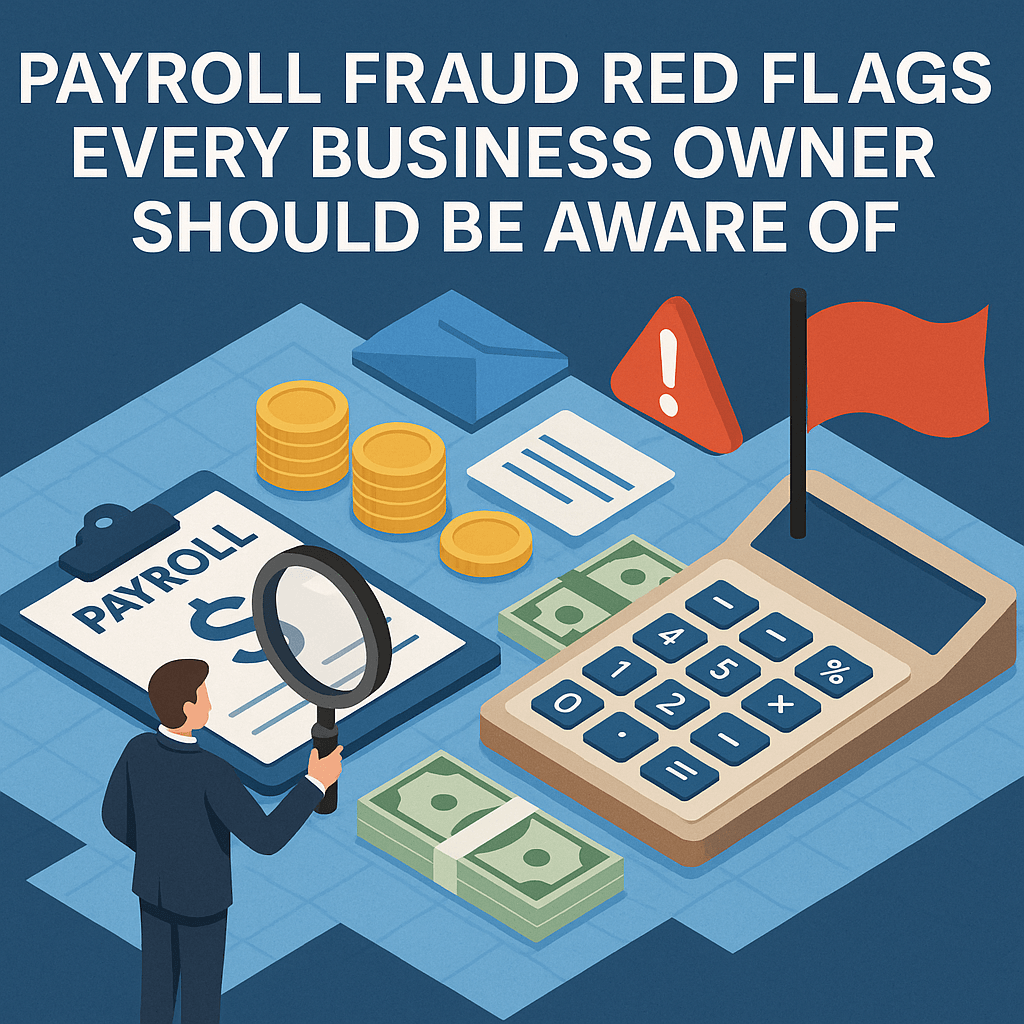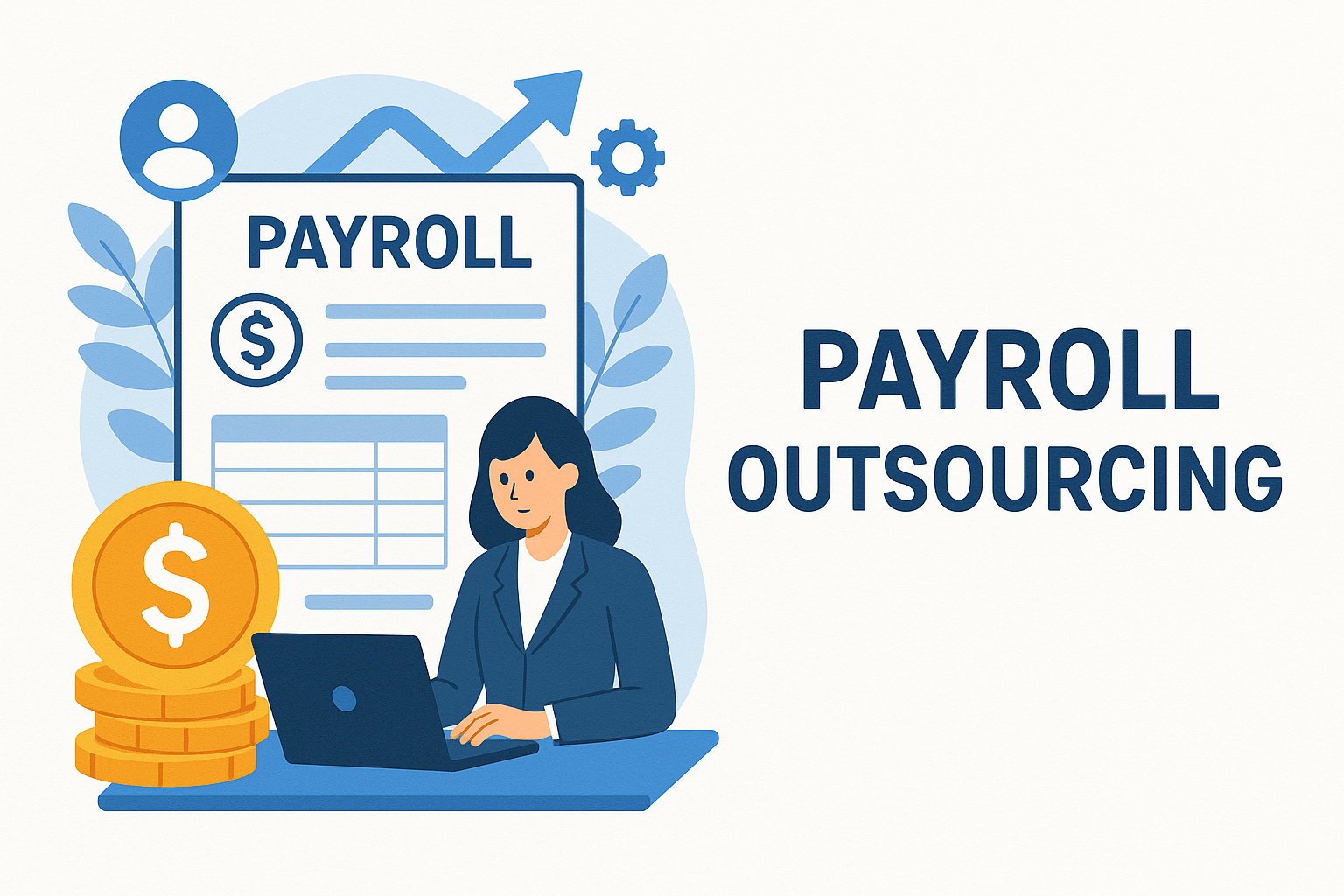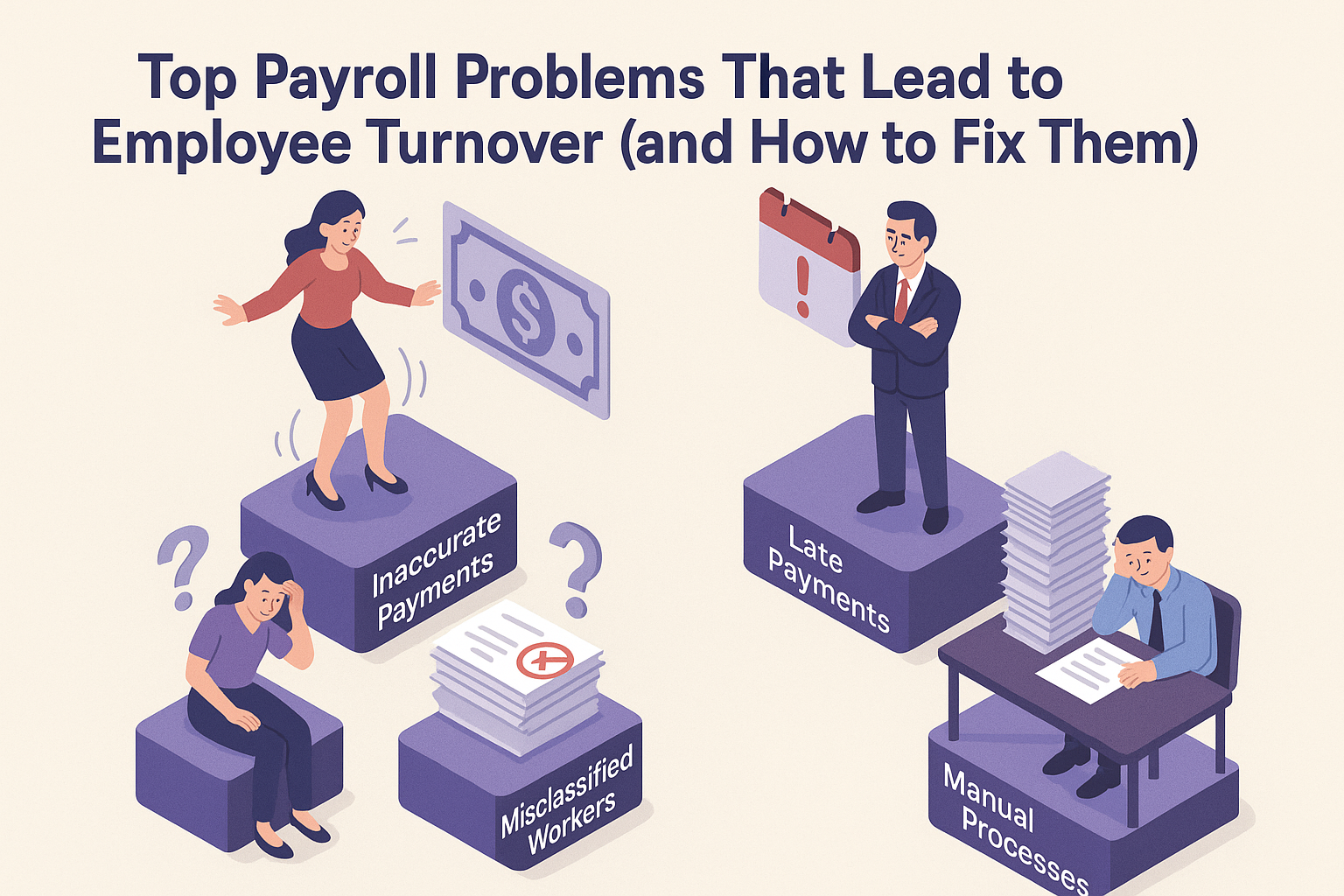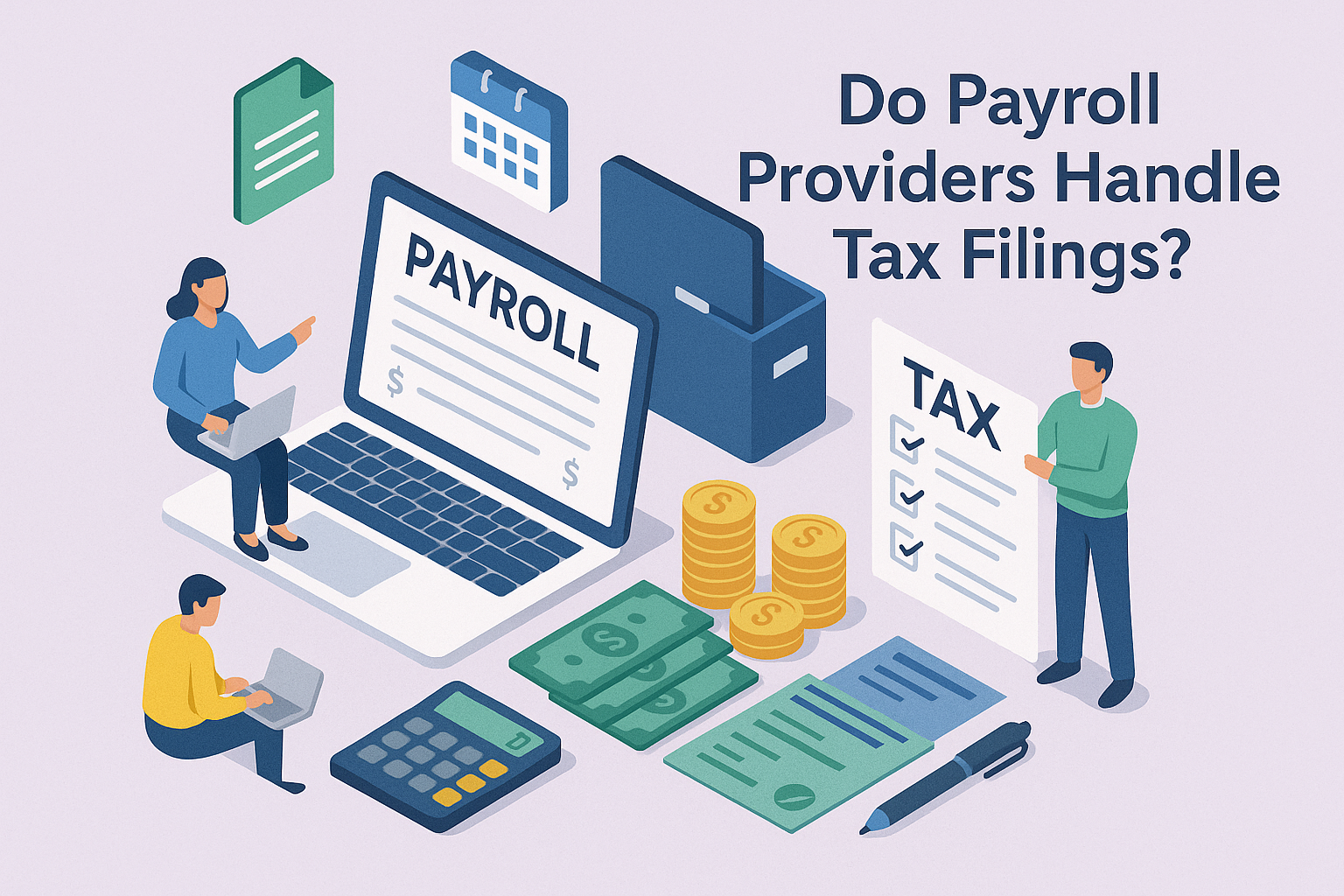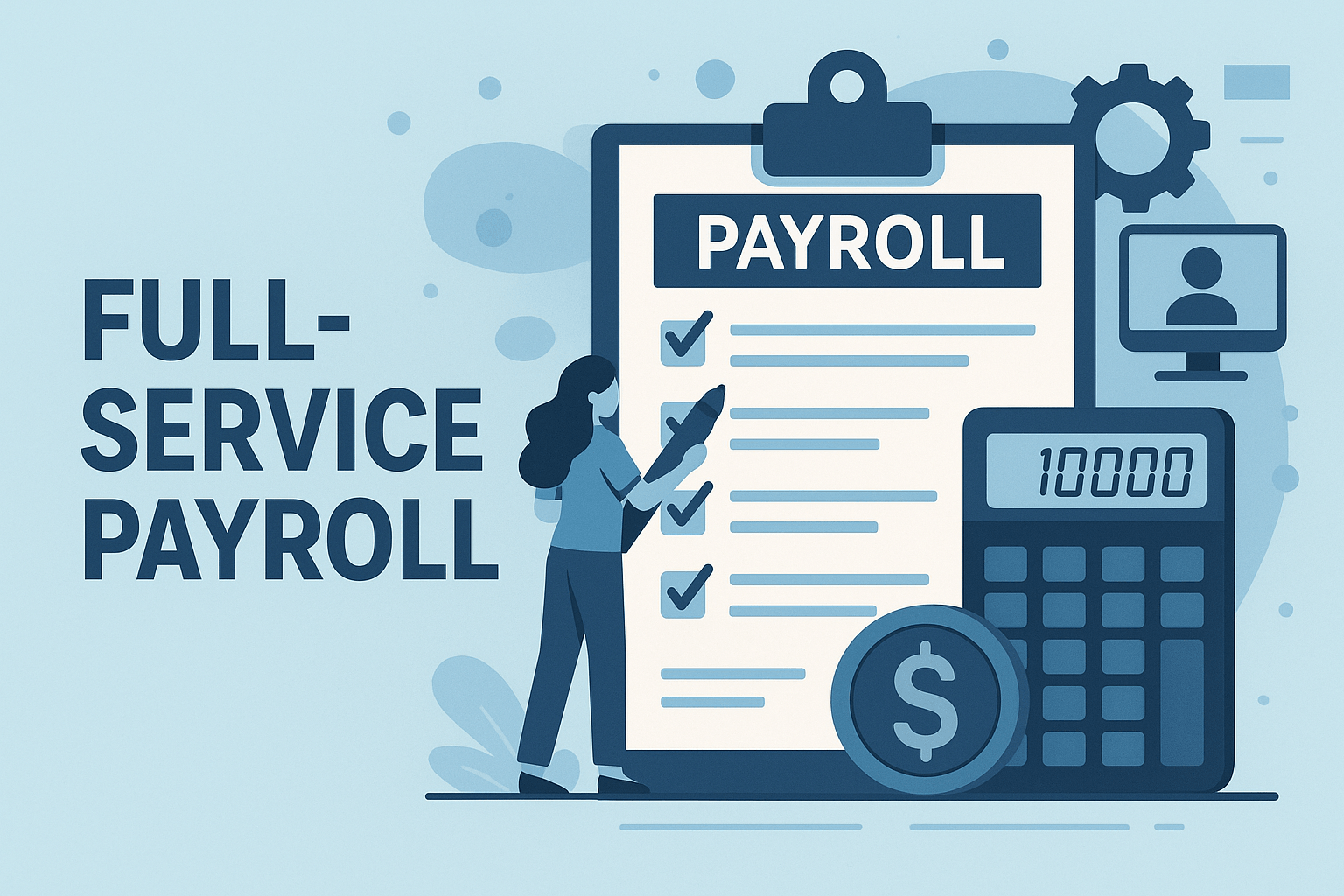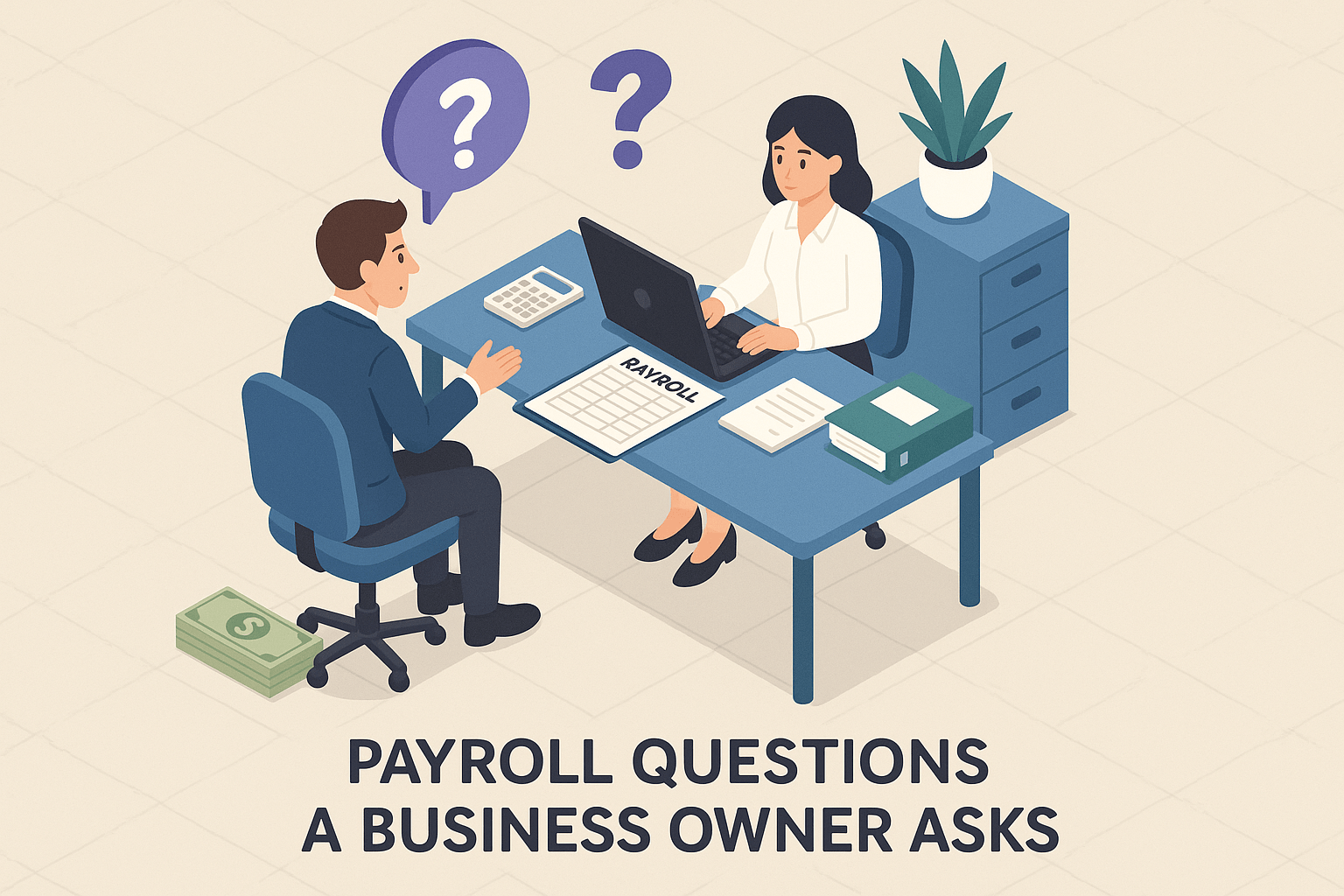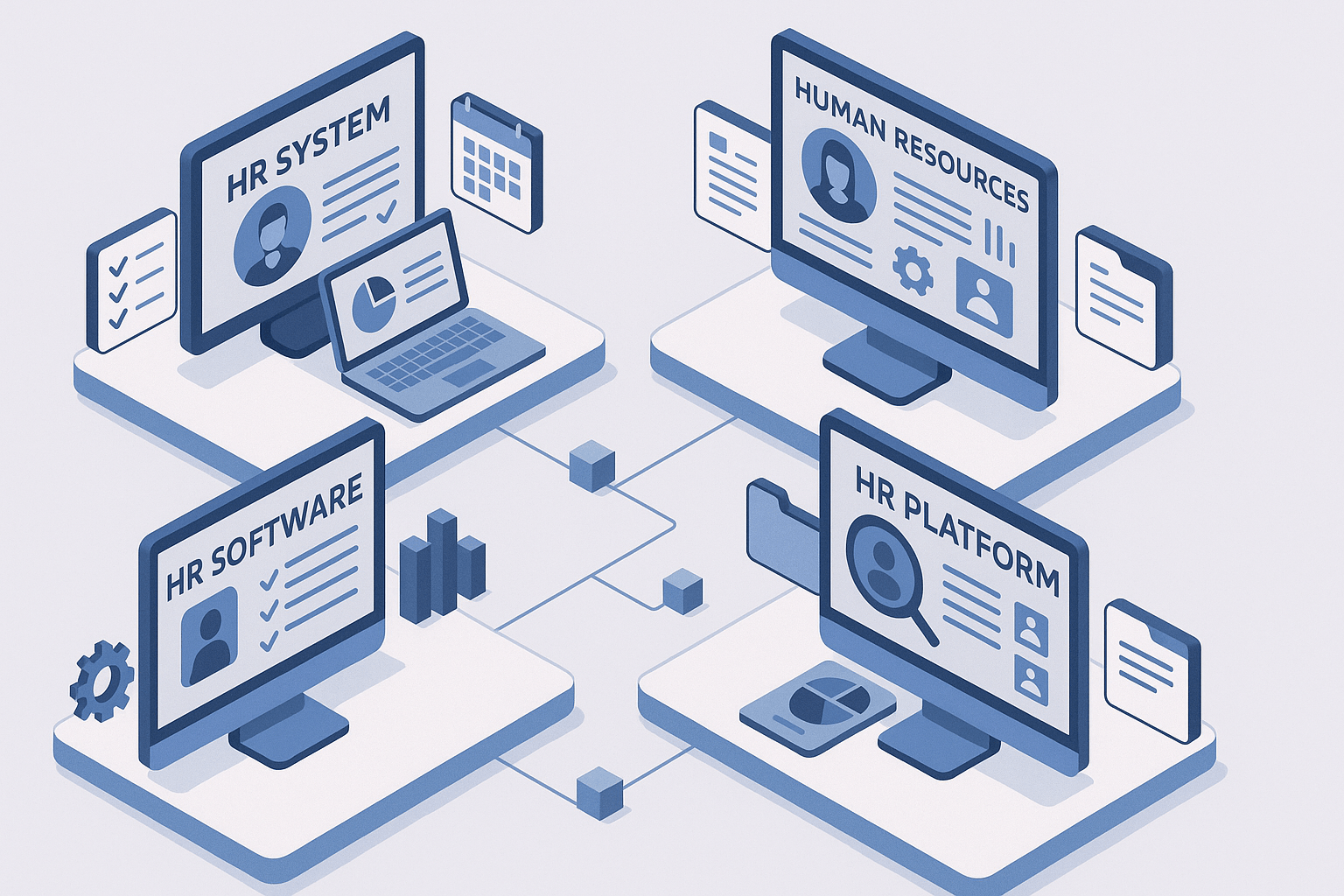Understanding Minimum Wage Requirements for Tipped Employees
September 4th, 2024
5 min read
.jpeg?width=1792&height=1024&name=glass%20jar%20on%20a%20restaurant%20table%20top%20bar%20with%20someone%20putting%20cash%20tips%20in%20it(1).jpeg)
If you're an employer in the service industry or a tipped employee yourself, understanding how wages work for tipped employees can be a bit overwhelming. You might wonder, “Am I doing this right?” or “Am I being paid what I deserve?” If so, you’re not alone.
In the dynamic world of Human Capital Management (HCM), understanding the intricacies of employee compensation is crucial. This is particularly true for tipped employees, whose wage structure can be complex and often misunderstood. As experts in payroll and HCM since 1967, we at Lift HCM are here to shed light on this topic.
In this article, we’ll break down exactly how tipped employee wages work, highlight the key differences between federal and state laws, and explain how to calculate total earnings, including overtime. By the end, you’ll have a clearer understanding of your rights (if you’re an employee) or obligations (if you’re an employer), helping to alleviate some of the confusion around this topic.
Table of Contents
- Defining Tipped Employees and Their Wage Structure
- Federal vs. State Wage Laws: Navigating the Complexities
- Calculating Total Earnings: Tips, Wages, and Overtime
- Common Challenges Faced by Tipped Employees
- Best Practices for Employers to Comply with Wage Requirements
- Get a Better Handle on Your Employee's Wages with Lift HCM
Defining Tipped Employees and Their Wage Structure
Tipped employees are workers who receive a significant portion of their earnings from customer tips. They typically work in service industries like restaurants, bars, and hotels. Their wage structure differs from that of non-tipped workers, often with a lower base pay supplemented by tips.
The most important thing to understand about tipped employees is that their base pay is often lower than non-tipped workers. For many, this raises concerns about whether they’re being paid fairly. However, under U.S. labor laws, employers can pay tipped employees less than the minimum wage as long as their tips make up the difference.
For example, the federal minimum wage for tipped employees is currently $2.13/hour, much lower than the federal standard minimum wage of $7.25. However, if the employee’s tips don’t bring their total earnings up to at least $7.25/hour, the employer is required to make up the difference.
- Federal tipped minimum wage: $2.13/hour
- Standard federal minimum wage: $7.25/hour
- Employers must ensure total earnings (base pay + tips) meet or exceed the standard minimum wage
.png?width=2301&height=1180&name=min.%20wage%20chart(1).png)
As an employer, staying on top of this is critical to avoid penalties and foster trust and transparency with your team. For employees, knowing these rules ensures you're not short-changed on your paycheck.
Understanding the wage structure for tipped employees is essential for both employers and workers. Employers must ensure they fulfill legal requirements, while employees should be aware of their rights to fair compensation. The base pay plus tips must at least equal the federal or state minimum wage; if it doesn't, employers must make up the difference.
Federal vs. State Wage Laws: Navigating the Complexities
One of the trickiest parts about tipped employee wages is that the rules aren’t the same everywhere. While the federal government sets the minimum wage for tipped employees, many states have their own, often higher, wage requirements. This can create a complicated landscape for both employees and employers, primarily if a business operates in multiple states.
📌 Pro Tip for Employers: Create a wage compliance chart for each location where you operate. Update it regularly to ensure ongoing compliance.
For instance, if you run a restaurant chain with locations in both Texas and California, you’re dealing with two very different wage laws. The minimum wage for tipped employees in Texas follows the federal standard ($2.13/hour). However, in California, tipped employees must receive the full state minimum wage, which is $15.50/hour (as of 2023). This can be a lot to manage.
To avoid legal headaches, employers must stay informed and regularly check for updates to wage laws in the states where they operate. For employees, knowing your state’s specific wage laws ensures you're getting paid what you’re entitled to.
Calculating Total Earnings: Tips, Wages, and Overtime
Calculating a tipped employee's total earnings involves more than just adding up tips and base pay. Employers must ensure that tips bring an employee’s hourly rate up to the minimum wage. But it doesn’t stop there—overtime pay must also be factored in.
Let’s say a server works over 40 hours in a week. Overtime is calculated on the full minimum wage, not the lower tipped wage. So, for example, if the minimum wage is $7.25, overtime pay should be at least $10.88/hour (1.5 times the minimum wage), regardless of how much the employee earns in tips.
Employers should keep detailed records of all hours worked and tips earned. Not only does this ensure compliance with labor laws, but it also creates transparency and trust with employees. If you’re an employee, make sure you understand how your total earnings, including overtime, are calculated so you can verify your paycheck is accurate.
Common Challenges Faced by Tipped Employees
Tipped employees face unique challenges, many of which don’t affect non-tipped workers. One major issue is income instability. A slow night at the restaurant or fewer customers in a bar means fewer tips, and this can result in fluctuating earnings from week to week.
Additionally, some tipped employees encounter wage theft—when employers fail to make up the difference when tips fall short of the minimum wage. This is illegal, but it happens. If you’re an employee, it’s crucial to keep track of your hours and tips so that you can address any discrepancies.
Another challenge is the difficulty in obtaining loans or credit. Banks and credit agencies may view tipped employees as a higher risk because much of their income is based on tips, which can vary significantly. This can make it harder for them to access financial resources, even if they earn a reasonable wage overall.
Lastly, benefits like health insurance or retirement plans are often less accessible to tipped employees, leaving them financially vulnerable. Addressing these challenges with clear policies and support can improve employer retention and satisfaction.
Best Practices for Employers to Comply with Wage Requirements
To avoid wage disputes and ensure compliance with both federal and state laws, employers should adopt a few best practices:
- Meticulous Record-Keeping: Employers should keep accurate and detailed records of employee hours and tips. This protects your business from potential legal issues and helps build a positive, transparent relationship with your team.
- Regular Training: Conduct ongoing training for management on the latest wage laws to ensure they are fully aware of compliance requirements. This can help avoid inadvertent violations and show your employees that you prioritize their rights.
- Transparency: Clear and consistent communication with employees about how their wages are calculated, including base pay, tips, and overtime, can help prevent misunderstandings.
- Audits: Regularly audit payroll and tip distribution to ensure accuracy and compliance with wage laws.

This can have significant benefits if you're an employer considering paying tipped employees a higher base wage. It reduces the risk of wage disputes and can lead to higher job satisfaction, better staff retention, and a more motivated workforce. After all, when employees feel secure in their wages, they’re more likely to stay with your business for the long haul.
📌 Pro Tip: Consider paying a higher base wage to tipped employees. This can lead to better job satisfaction, improved staff retention, and a more motivated workforce.
Get a Better Handle on Your Employee's Wages with Lift HCM
Tipped employees have always played a vital role in the service industry, yet their wage structure has long been a source of confusion and, at times, frustration. Understanding the complexities of how tipped wages are calculated, the differences between federal and state laws, and the challenges these workers face helps ensure fair and legal compensation.
Whether you're an employee ensuring you're paid correctly or an employer looking to stay compliant, knowing the rules around tipped wages is essential. As the landscape continues to evolve, staying informed will help you navigate this tricky terrain.
At Lift HCM, we understand how critical it is to get employee compensation right. As laws and wage structures change, our team can help you stay ahead of the curve, ensuring compliance and supporting your workforce in ways that drive both satisfaction and success.
Please note that this article does not cover all possible scenarios, and any discussions or viewpoints should not be considered legal advice. Readers are advised to consult with legal professionals for specific legal guidance.
.jpg?width=225&height=150&name=composition-with-book-light-bulb(1).jpg) If you are not yet ready to speak with a team member, you may find these resources helpful:
If you are not yet ready to speak with a team member, you may find these resources helpful:
Caitlin Kapolas is a results-driven professional with a strong background in account management and retail. She is dedicated to improving client experiences and building lasting relationships. Caitlin excels in identifying client needs, resolving issues, and implementing customized solutions that drive value. Her effective communication skills ensure high client satisfaction and loyalty, making her a trusted advisor and partner in meeting client needs with precision and professionalism.



.png?width=1536&height=1024&name=Create%20a%20background%20that%20reads%2c%20How%20Long%20to%20Keep%20P%20(1).png)



